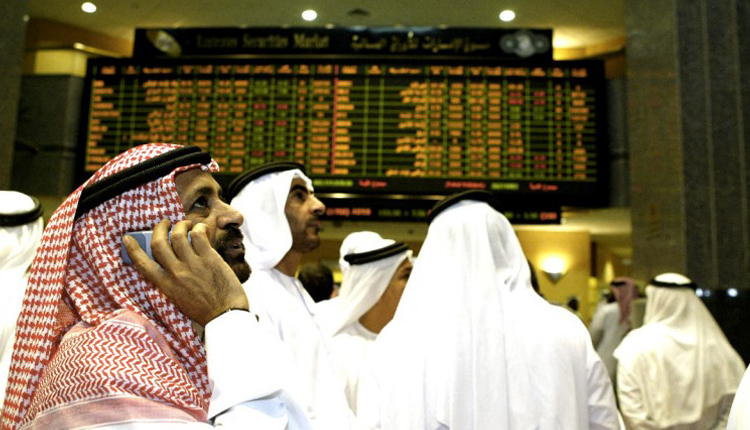Gulf stock markets fell on Wednesday, led by banking shares, amid persistent weakness in oil prices as an escalating dispute between the United States and China stoked worries over global economic growth and oil demand.
Oil prices slipped for a third consecutive session as tensions mounted after the United States imposed visa restrictions on Chinese officials for the detention or abuse of Muslim minorities, after having widened the trade blacklist to include some of China’s top artificial intelligence startups.
Saudi Arabia’s index fell 0.7 percent with financial stocks leading the losses. Al Rjahi Bank lost 0.8 percent and the kingdom’s largest lender National Commercial Bank decreased 1.4 percent.
With Wednesday’s early losses, the index is now trading in negative territory for the year to date. It had gained more than 20 percent in the first four months of 2019 before joining the MSCI and FTSE emerging-market indexes, which helped attract billions of dollars from passive funds.
However, escalating trade tensions, volatile oil prices and growing geopolitical risks have been hitting the market since then and kept active emerging-market funds from investing in the kingdom.
An analysis by Copley Fund Research showed that high valuations and reputation risks have kept active emerging-market funds away from investments in the market.
Dubai’s index was down 0.1 percent led by a 0.4 percent fall in Emirates NBD and a 1.2 percent decline in courier service provider Aramex.
In Abu Dhabi, the index also edged down 0.1 percent with First Abu Dhabi Bank slipping 0.4 percent and Aldar Properties losing 0.5 percent.
The Qatari index fell 0.2 percent as the decline in banking shares hit the index most. Qatar Islamic Bank shed 1.1 percent, while Commercial Bank dropped 1.3 percent.
Source: Reuters


